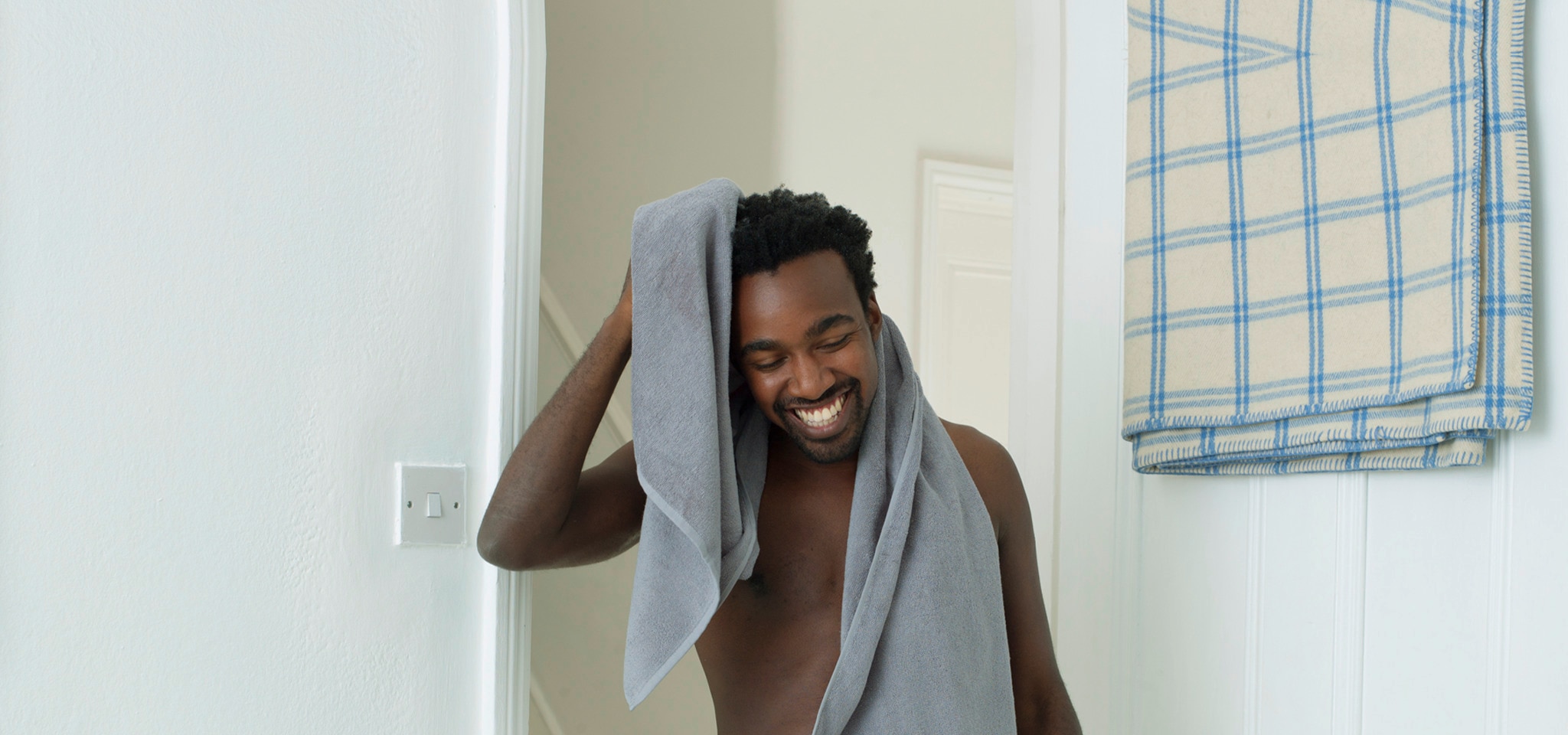Navigating the emotional World
The Importance of Men Embracing and Accepting Emotions
In a world where #” Indoda Ayikhali” and Indoda Must” are the dominant narratives that have long defined men’s strength through the lenses of stoicism, men are often taught and expected to suppress their emotions, equating vulnerability with weakness. This outdated stereotype has led to a generation of men who feel the need to wear emotional armor, hiding their true feelings behind the façade of composure. Dove Men+Care is on a mission to shift this narrative, encouraging men to embrace a fuller, healthier definition of strength one that includes emotional awareness, openness, and vulnerability. Here is what I want to suggest as lenses to deconstruct and re-imagining masculinities in South Africa.
For too long, societal norms have perpetuated the idea that men should suppress their feelings. Phrases like “man up” or “boys don’t cry” and “qina ndoda” constructs that suggest young boys and men must toughen up have become part of our collective consciousness, creating pressure for men to hide their emotional side. This conditioning not only prevents men from expressing their emotions but also leads to internal struggles, contributing to high levels of stress, anxiety, and depression among men.
It is imperative to highlight that embracing emotions is not a sign of weakness but an act of courage. For me, Abafana (young boys and men) and Amadoda (men) who acknowledge and express their emotions can connect more deeply with others, communicate their needs more effectively, and manage stress in healthier ways. Emotional expression builds resilience and fosters healthier relationships, both personally and professionally.
One recent study, titled: Gender and Emotion Expression: A Developmental Contextual Perspective has also sought to add context to how and why women show greater emotional expressivity, especially for positive emotions and internalizing negative emotions such as sadness.
In contrast, men experience emotional repression and greater levels of aggression and anger than women. However, the study notes that despite this, men are emotionally around yet rather “keep in” their feelings.
As much as we can think it is easy for young boys and men to define and describe emotions and feelings, it is not that cut and dry.
It is not that easy for most men, and it is very hard for them to put into words their actual understanding of emotions.
Positive definitions of emotions for most around men need to be tangible and require an alternative language such as vulnerability, paying attention to what one feels and one’s capacity to sit with the experience of any emotion. In retrospect, feelings put into words can help give language to emotions and this is the most difficult and overwhelming part for most men.
The most beautiful experience about vulnerability it is not limited to gender (in this case being male) and other social constructs it is just a gift that comes with being human ideally to feel.
Vulnerability is a human experience that allows us to acknowledge any form of emotion, whether it is happiness, sadness, or day-to-day worries. When we think and talk about men, we tend to believe and suggest that men should not feel or express their genuine emotions. Men are socialized to be emotionally distant, and somehow, they are expected to disregard their emotions particularly emotions that indicate vulnerability such as sadness, and tearfulness, and acknowledge the reality of painful life experiences. Unfortunately, such emotions are often associated with weakness, a sign of failure, and not a good enough description of hegemonic masculinity.
Overall, these are societal expectations that are problematic and perpetuate the outdated traditional notion of gender expressions around emotional expression.
For example, when it comes to processing emotions, there are different expectations for men and women. It is acceptable for women to be viewed as soft and exempted from being “sensitive,” and thus it is socially appropriate for them to express their feelings, like sadness or fear. In contrast, On the other spectrum men, who are seen as strong and fearless, are not encouraged to outwardly express their emotions.
Emotions that are associated with dominance or strength are viewed as more masculine, even if the underlying emotion feeling the behavior is different. Nevertheless, when men are told to hide their emotions at all costs, those feelings have to go somewhere. Usually, they compensate by acting in a way that is more stereotypically masculine and for the most part this deprives men the experience of feeling and being in tuned with the soft side.
In addition, suppressing emotions and feelings can be incredibly detrimental to men’s mental health. Other factors relate to the influence of cultural norms and gender stereotypes that are socially constructed to police men’s expressions of emotions and these have been harmful amongst men, particularly in South Africa.
There are serious implications that can be as the result of unprocessed deep-seated emotions and avoidance of raw emotions. This is where we are likely to experience a significant impairment in the lives of many men; studies indicate the negative impact of this phenomenon. Research by the World Health Organization (WHO) has shown that South Africa has the third-highest suicide rate of all African countries. A previous Health24 report shows that the prevalence of depression in SA is close to 10%. Women are more affected by depression, but men are almost four times more likely to commit suicide.
This is a clear indication of the factors impacting negatively on men’s inability to experience and express emotions. We need to ask ourselves a key question about factors that hinder men’s expression of emotions.
The Role of Self-Care in Emotional Well-being
Dove Men+Care believes that self-care isn’t just about physical grooming but also about nurturing mental and emotional well-being. When men take the time to understand and accept their emotions, they are engaging in a form of self-care that is often overlooked. By recognizing feelings of stress, sadness, or frustration, men can take proactive steps to address them whether through mindfulness, talking to a trusted friend, or seeking professional support.
Prioritizing emotional well-being enables men to live more balanced lives, allowing them to show up as their authentic selves. When men care for their mental health as much as they do their physical appearance, they build a foundation of strength that impacts every aspect of their lives.
Creating a Culture of Compassion
As men increasingly embrace emotional authenticity, it is crucial to create a culture where compassion and care are celebrated, not stigmatized. Men should feel empowered to speak openly about their feelings without fear of judgment. This cultural shift requires us to challenge and reimagine traditional gender norms, paving the way for future generations of men to live more emotionally fulfilling lives.
Dove Men+Care is committed to supporting men on this journey. By encouraging open conversations about emotional well-being, we aim to create a world where men feel safe and supported in expressing their emotions. Whether through community outreach, awareness campaigns, or everyday conversations, we can collectively redefine what it means to be a man in today’s society.
Dove Men+Care invites men everywhere to rethink what it means to be strong not by suppressing emotions but by embracing them. Let’s build a future where emotional openness is a valued part of masculinity, and where men feel empowered to care for themselves, inside and out.
This journey starts with a simple, powerful act: accepting emotions as part of who we are. Because real strength comes from understanding and embracing every part of ourselves.




